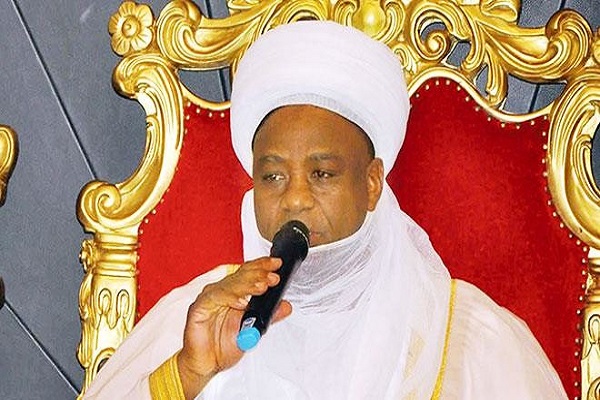A non-governmental organization Society for Economic Empowerment and Entrepreneurship Development SEEED in consultative status with the United Nations Economic and Social Council ECOSOC organized a round table discussion to mark the International Day of Families.
The day was set aside by the United Nations to celebrate families and discuss issues surrounding families as well as proffer lasting solutions.
In his welcome address, the President Society for Economic Empowerment and Entrepreneurship Development Mr. Patrick Anocha explained that families were brought together to discuss issues and challenges.
“If you look at this place families of different sizes such as individuals, single rooms families, there are families that are polygamous and are brought together to discuss issues affecting them.
He explained that in Nigeria , families were battling with challenges such as poverty and hunger.
“In Nigeria, most families are living below the poverty line. The United Nations has ranked any person livings under less than one dollar every day that person is in abject poverty”.
Anocha said with the devaluation of the naira, many households are not earning up to one dollar a day considering the exchange rate, while civil servants are poorly paid.
The SEEED president maintained that the International Day of Family brought up issues that are facing families to discuss and put workable solutions to governments and organisations so they can help alleviate the suffering and challenges.

He pointed out many projects and programmes that the United Nations has developed and provided to states to improve the life of humanity have been ignored by many state actors.
Anocha hinted this was the first time the International Day of families is celebrated in Nigeria and Kano which is the starting point.
The president stressed that it is for them as civil society to bring the celebration and to create awareness so that they can understand the impact of family in contributing to the socio-economic development of the state and also toward achieving the 2030 United Nations agenda.
KHADIJAH ALIYU







